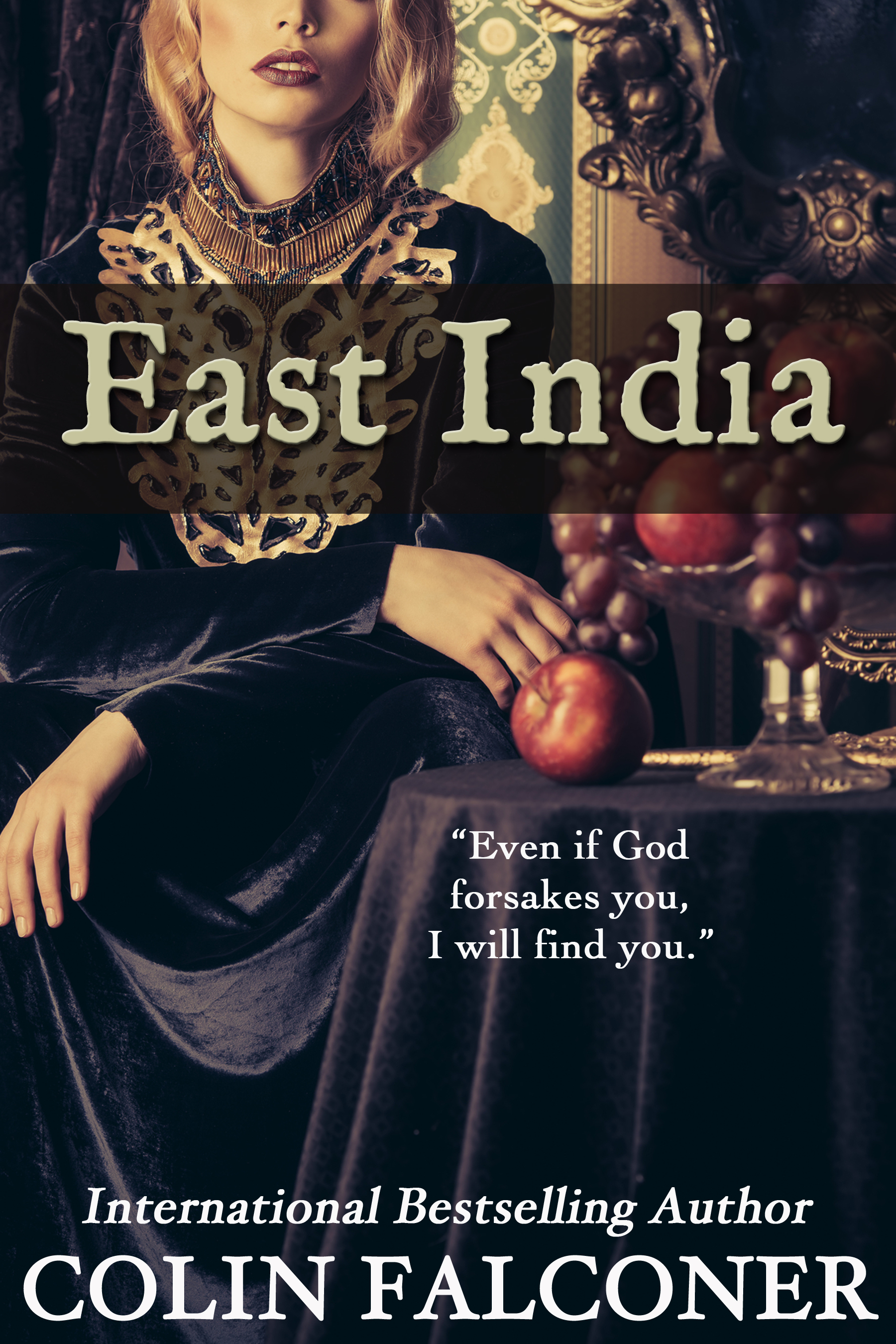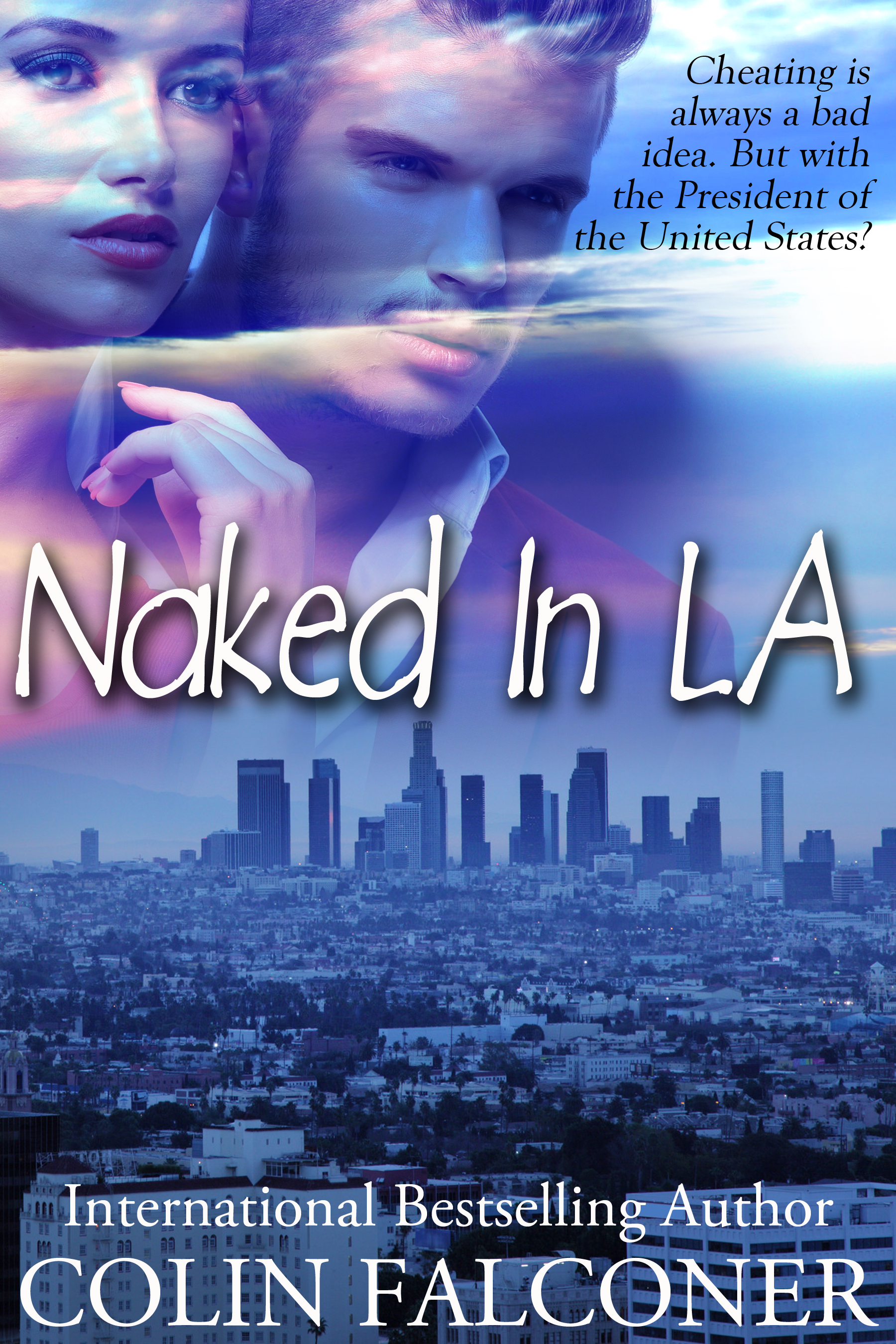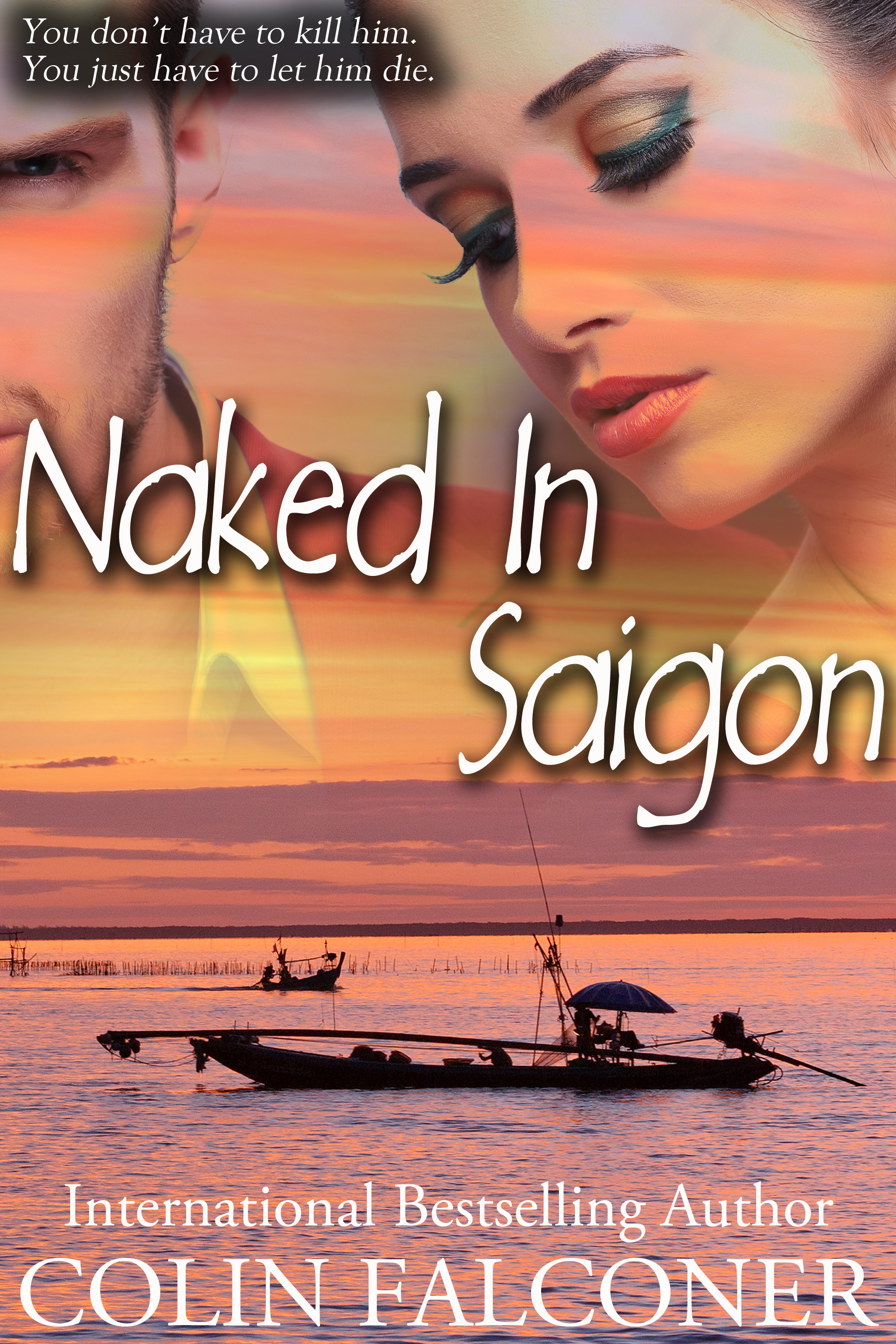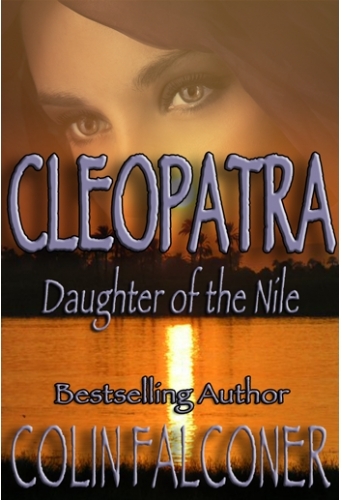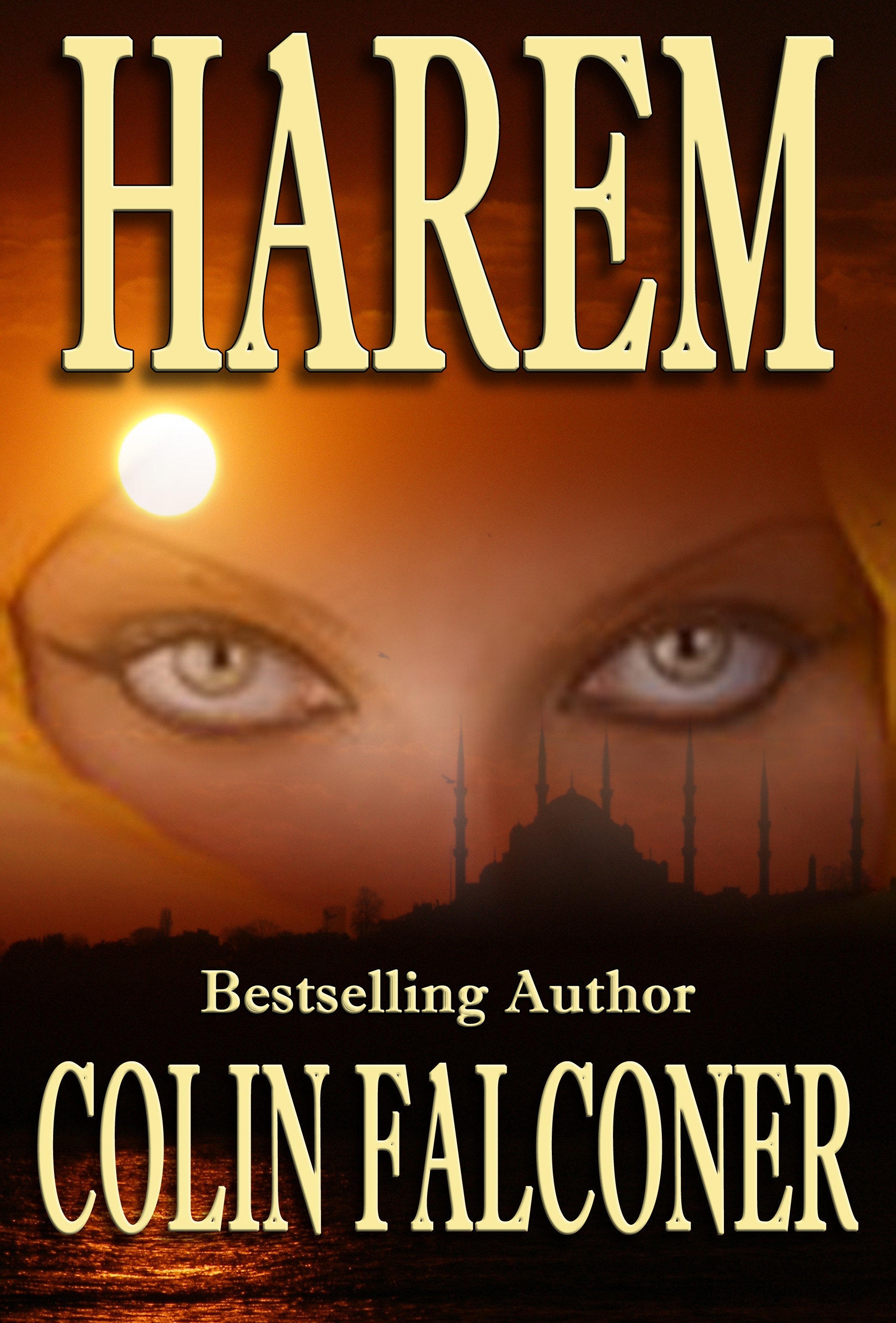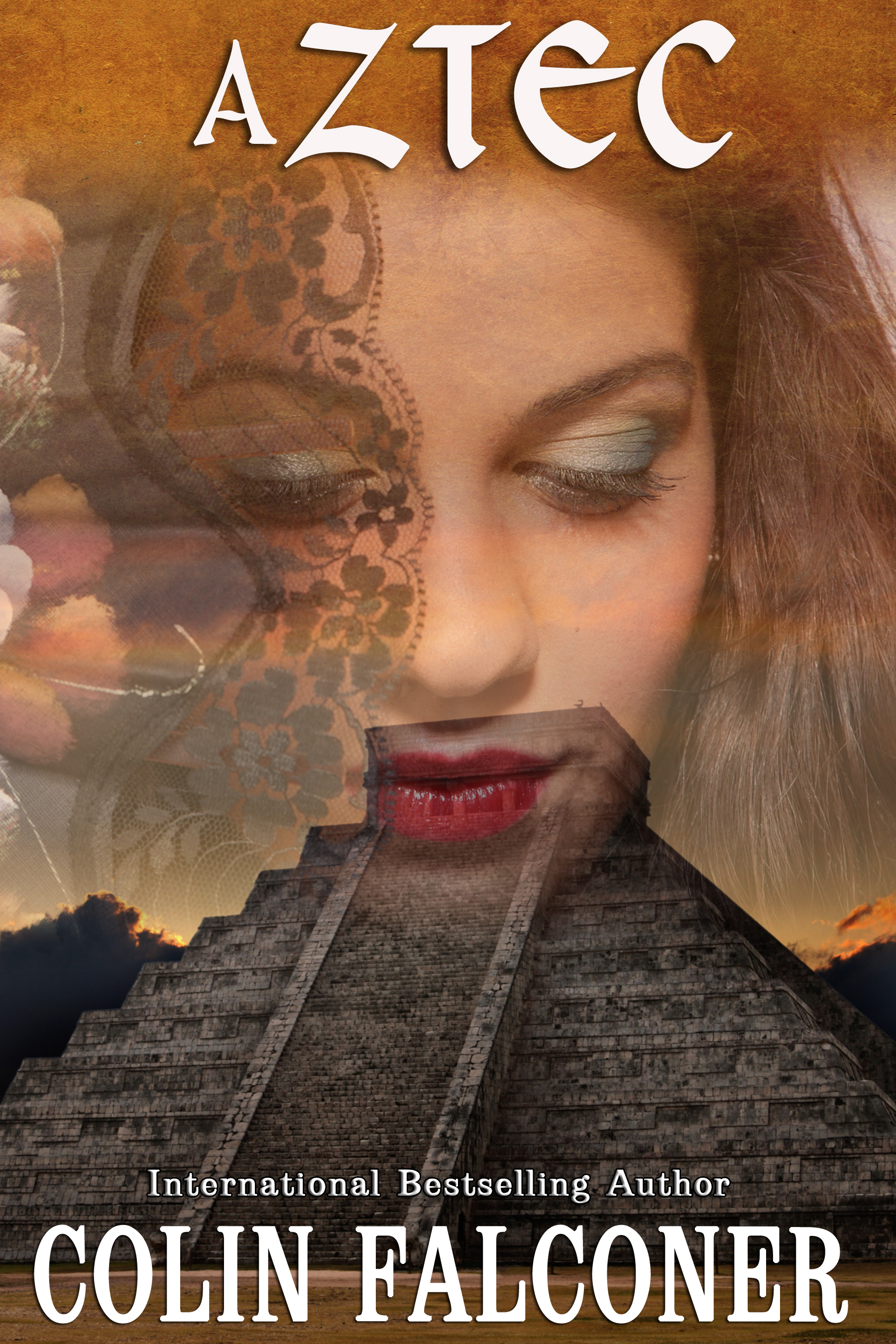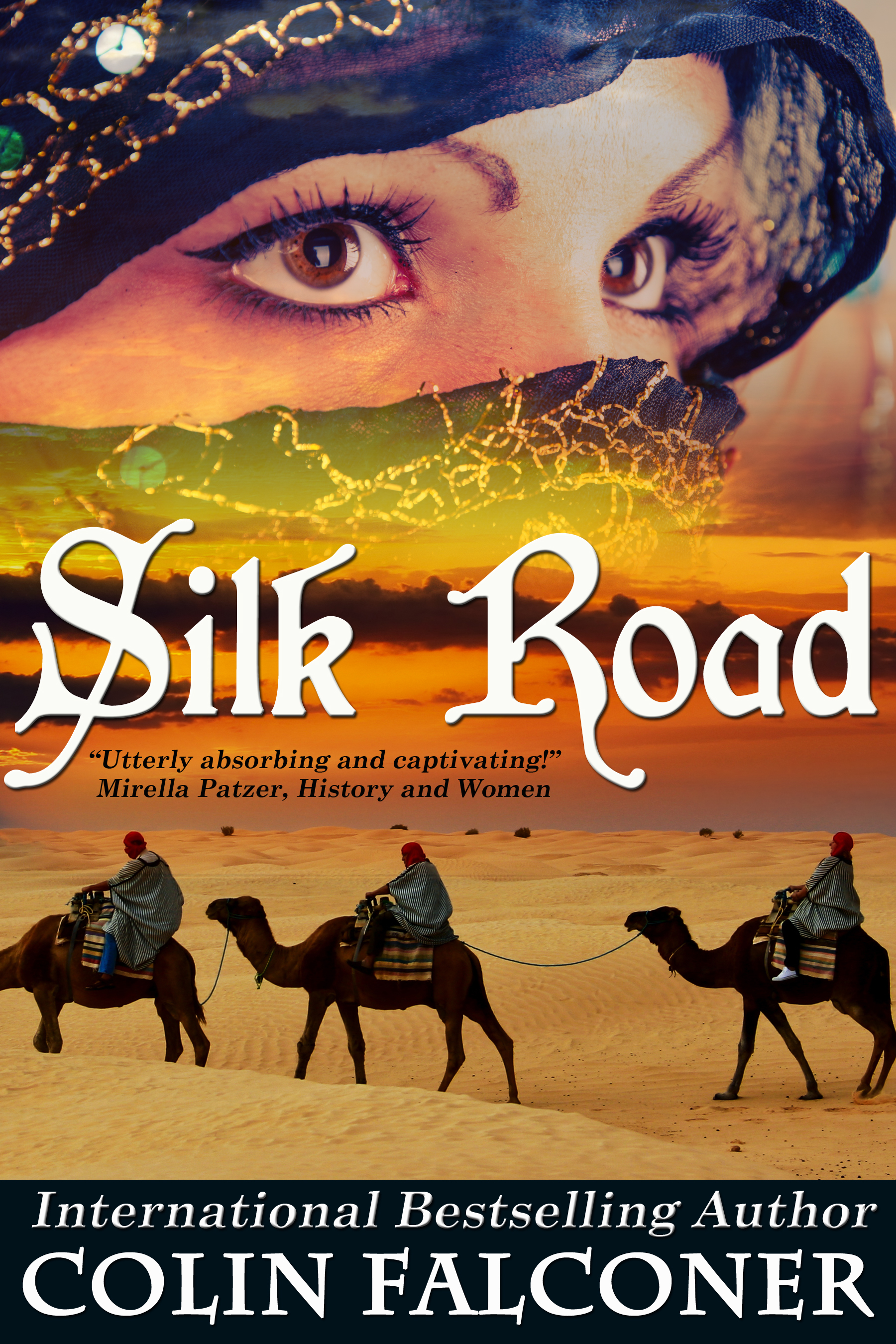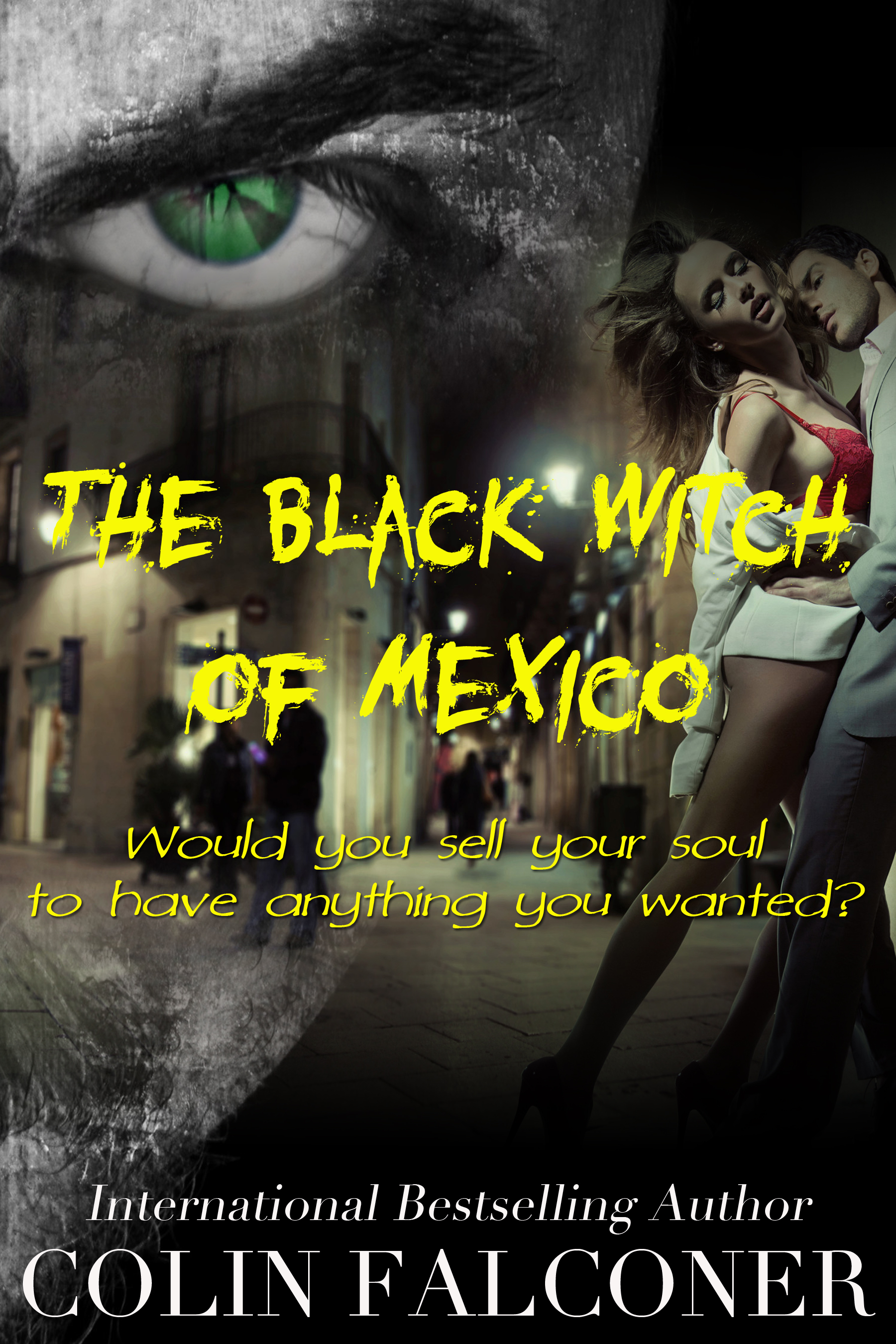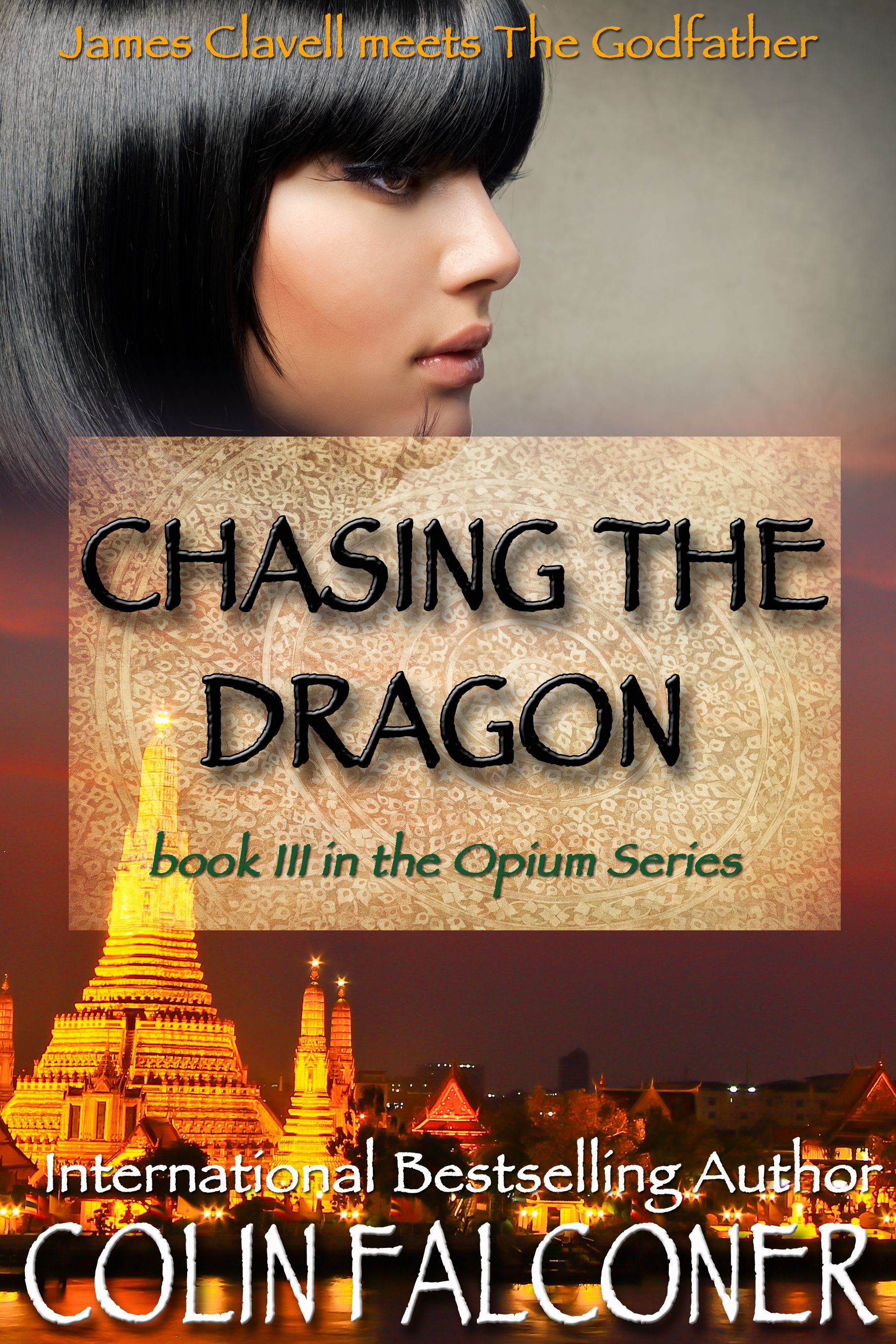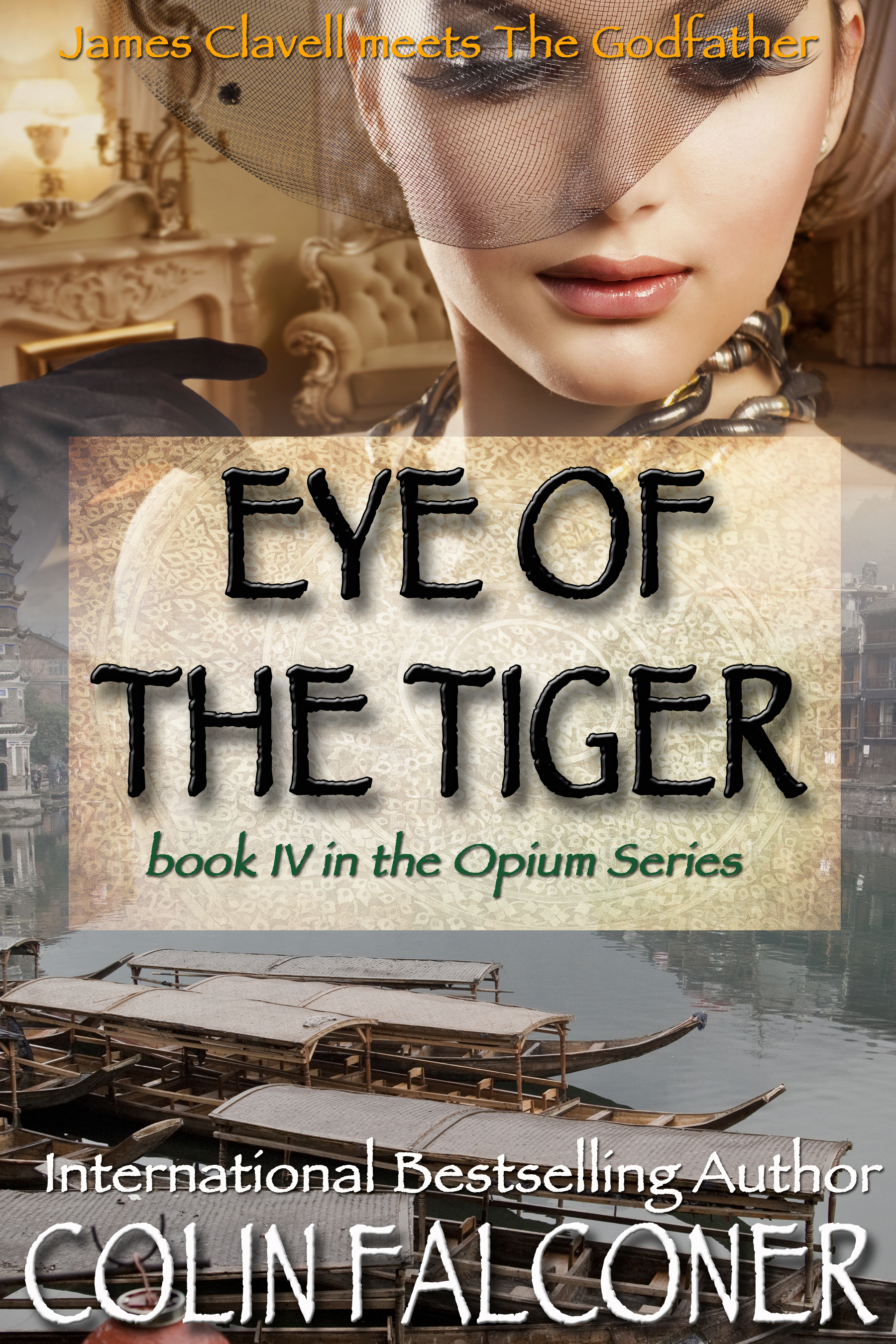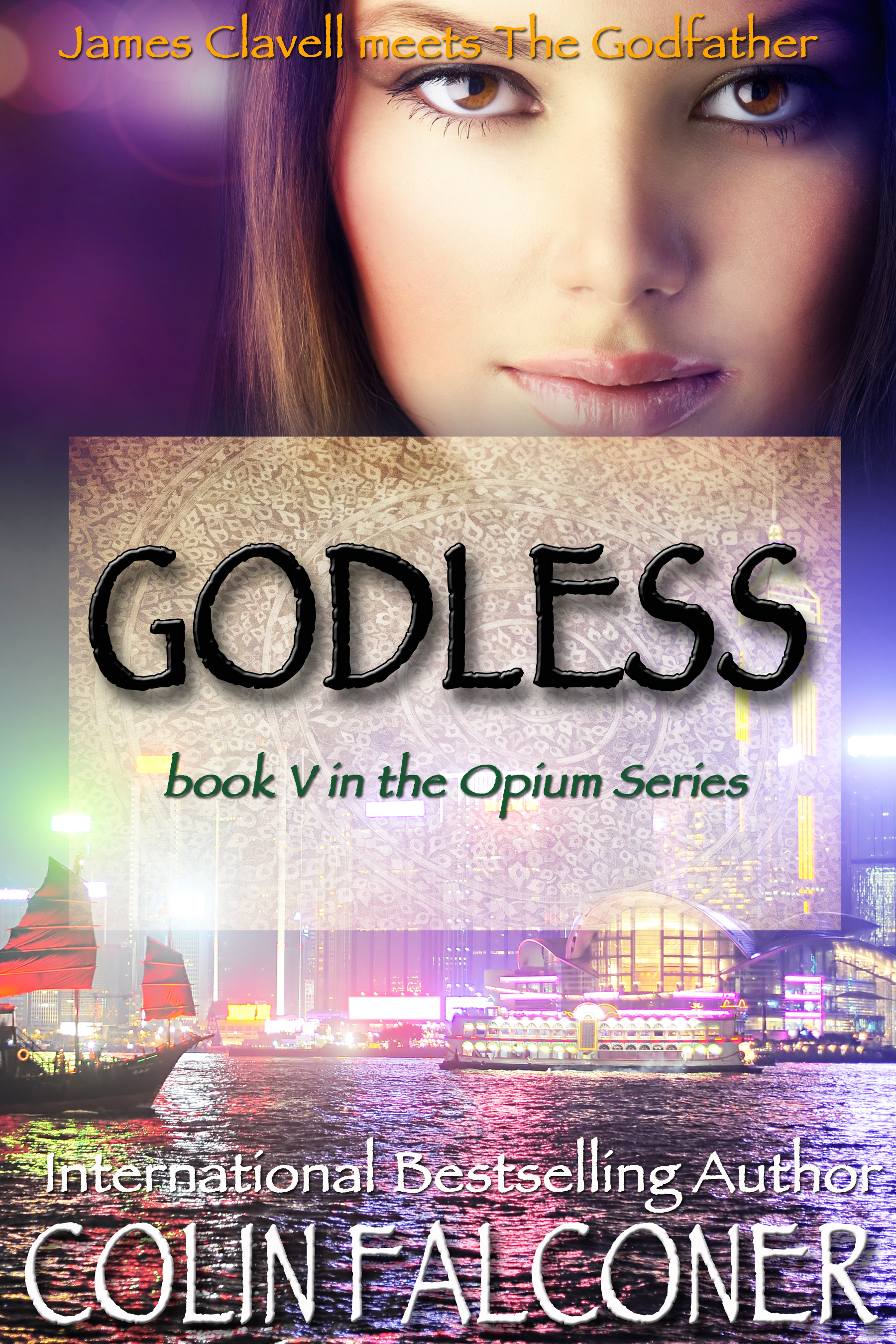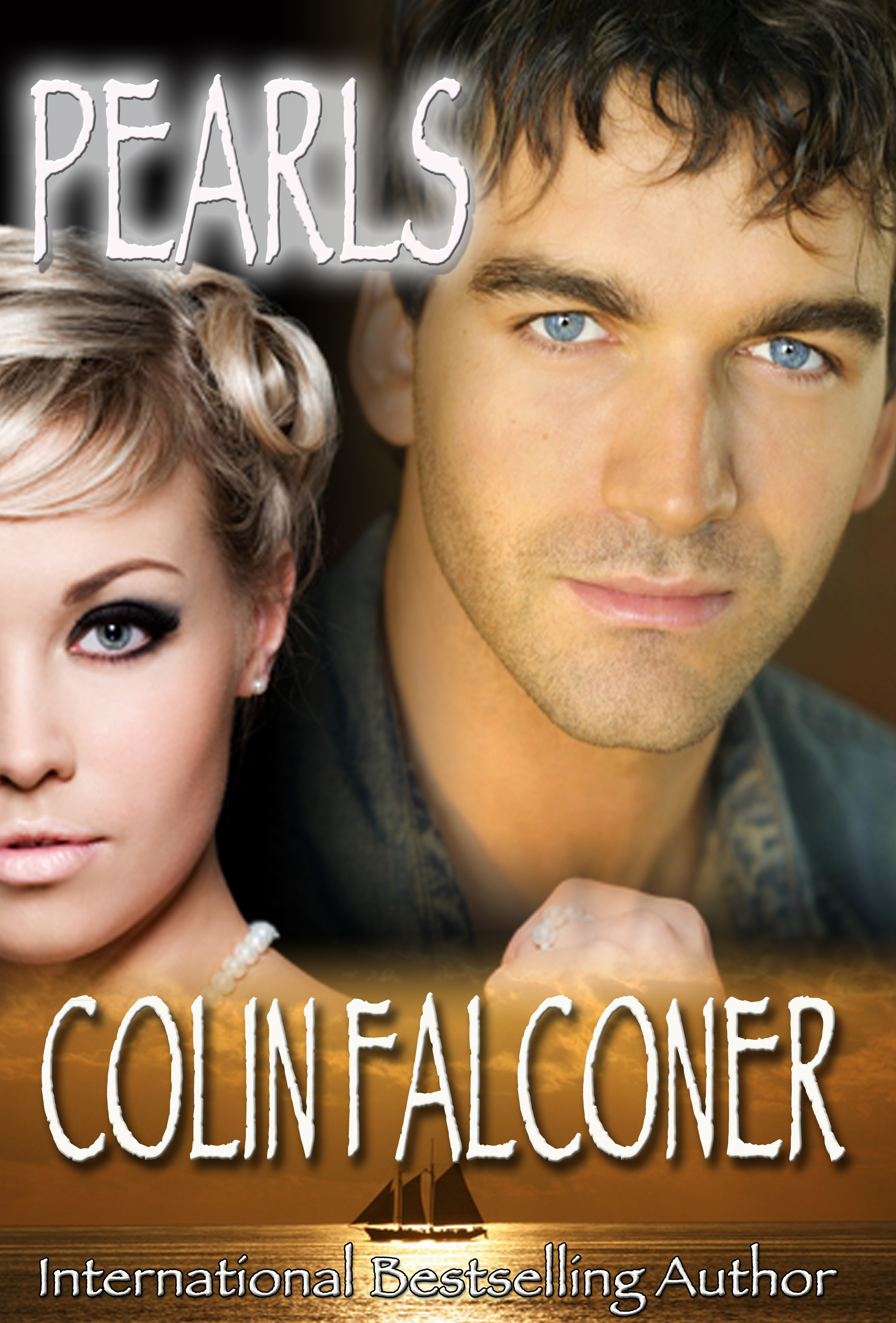On Monday we looked at the dark side of human nature. Now let’s look at the light.
The nation of Love has a different religion of all religions - For lovers, God alone is their country and their faith.
There are major Islamic poets who rival the likes of Dante and Shakespeare in terms of output and importance but they are largely ignored in the west. A person might be forgiven for thinking that there is nothing important outside the Western Canon.
Yet there is one Islamic poet whose works have made it onto the USA’s Billboard’s Top 20 list, and his work has been performed by Hollywood celebrities such as Madonna, Philip Glass and Demi Moore. In 2007 he was described as ‘the most popular poet in America.’ B&N have more of his titles than Robert Frost or Walt Whitman.
Out there, beyond right and wrong, there is a field. I’ll meet you there.
He was born into a world where people lived every day in fear of terrorism. In fact his parents took him out of the country to try and find a better life elsewhere. It was so bad many people thought the world was about to end. Sound familiar?
Yet he was born eight hundred years ago.
He wrote mostly about love, and our relationship to the divine.
The lover’s ailment is different from all ailments; Love is the astrolabe of God’s mysteries.
On the 30 September, 2007 school bells all across Iran were rung in honour of his eight hundredth birthday. That year was dedicated to him by UNESCO.
Everyone has been made for some particular work, and the desire for that work has been put in every heart.
Many Islamic fundamentalists despise him because of the movement he left behind, the Mevlevi, better known to us as the Whirling Dervishes. They call it un-Islamic because of its emphasis on public song and dance.
| photo: Kivanc Nis |
Westerners who may otherwise be afraid of Islam find in him a form of the religion that celebrates dance, music, tolerance and fellowship. In the middle of one of the world’s most terrible periods of mass slaughter he spoke against hatred and revenge.
Explanation by the tongue makes most things clear, but love unexplained is clearer.
As an Islamic jurist he issued fatwas, or judgments, yet divorced himself from talk of revenge and retribution. Like Jesus and Gandhi, Mandela and Martin Luther King Jr., he insisted violence was redundant. He said that it didn’t matter what country he lived in, or what official religion he designated, because the love and longing that he felt was everywhere, including his soul.
As a Sufi mystic, he embraced a mystical closeness to God, and to all other humans, regardless of their faith. At times it is almost impossible to know if he is talking to a lover or to God, so intimate and intense is his poetry.
A true lover is proved such by his pain of heart; no sickness is there like sickness of heart.
His name was Jalāl ad-Dīn Muḥammad Balkhī, but is better known and more easily pronounced as Rumi.If you had three minutes in your day last week to listen to Joshuah Bell, perhaps you’d like to take another small moment to listen to a small sample of Rumi’s poetry put to the music of Hans Zimmer (he’s the man who composed the haunting soundtracks to Gladiator and The Last Samurai.)
Rumi lived most of his life at Konya in Turkey, a place I visited a few years ago while researching Harem. If you’d like a copy of it, write to me at colin underscore falconer underscore author at hotmail dot com. Tell me what e-reader you have. The first three emails I get I’ll send you a copy.


